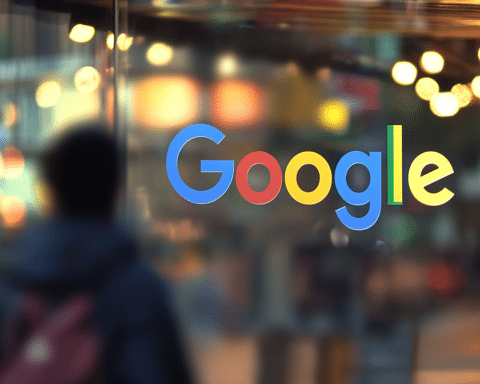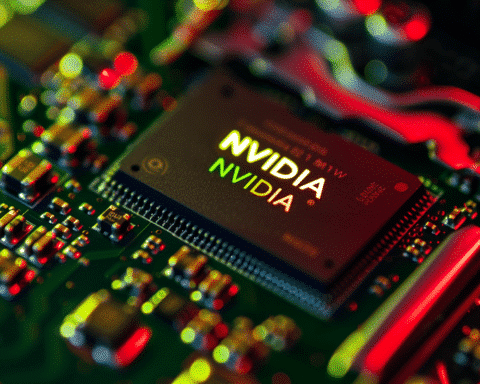In a rapidly evolving digital landscape, the lines between workplace privacy and technological surveillance blur as major corporations embrace artificial intelligence (AI) to monitor employee communications. Recent reports have unveiled a roster of industry giants, including Walmart, Starbucks, Delta, and Chevron, employing AI tools to scrutinize internal dialogues, sparking concerns over privacy infringement among workers and advocates alike.
Despite the uproar surrounding this revelation, industry experts underscore that while AI integration amplifies monitoring efficiency, the practice itself is far from novel. From the dawn of email, companies have monitored employee activity on work systems, extending their reach even beyond secure networks to browsers. However, the burgeoning sophistication of AI technology presents a new frontier in the realm of workplace surveillance.
Amidst these advancements, a recent study conducted by Qualtrics, a company leveraging AI for employee engagement surveys, sheds light on contrasting sentiments. While managers exhibit enthusiasm for AI software, 46% of employees express trepidation, labeling its use in the workplace as “scary.”
Enter Aware, a seven-year-old startup at the forefront of embedding AI into ubiquitous work-related platforms such as Slack, Zoom, Microsoft Teams, and Meta’s Workplace. Collaborating with corporate behemoths like Starbucks, Chevron, and Walmart, Aware’s technology is designed to detect a spectrum of issues ranging from cyberattacks to insider trading within employee communications. Data anonymity prevails until the AI flags pertinent instances, thereafter alerting HR, IT, or legal departments for further investigation.
Chevron confirms utilizing Aware to monitor public interactions on its internal Workplace platform, while Starbucks employs the technology to enhance employee experience and glean insights from internal social platforms. Similarly, Walmart leverages software to ensure community safety within its online internal networks, while Delta moderates its internal social platform and monitors trends for legal compliance.
Beyond Aware’s purview, cybersecurity firm Proofpoint reinforces the AI surge in workplace monitoring by offering services to mitigate cyber risks and restrict unauthorized AI tool usage. This multifaceted approach not only aims to bolster security but also to cultivate employee trust amidst growing apprehension over surveillance.
The integration of AI into workplace dynamics mirrors a broader trend observed in social media platforms like Meta, which deploy comparable content moderation strategies. However, the advent of AI tools directly embedded into employee workflows revolutionizes monitoring practices, enabling real-time analysis of thousands of data points and keywords to inform internal messaging and strategies.
While AI presents a promising avenue for organizational efficiency, its implementation necessitates meticulous navigation to mitigate legal and ethical quandaries. Central to this discourse is the imperative of fostering employee trust, as organizations tread cautiously to avoid erosion of morale and alienation. As the digital landscape continues to evolve, the delicate balance between technological innovation and privacy preservation remains paramount in shaping the future of workplace dynamics.




